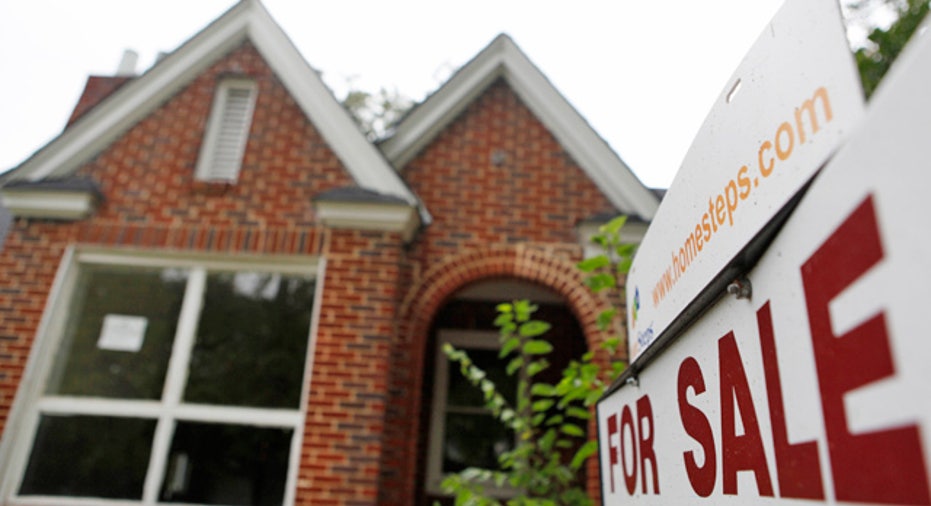Price Your Home to Sell

Setting a proper asking price for a house is a challenge for home sellers and real estate agents, especially where values are in decline. Experienced agents recommend asking prices that are backed with data.
Pricing a home correctly from the get-go is the most important factor in determining how quickly the house sells and for how much. Yet sellers often want to ask unrealistically high prices.
Comparable Sales
Chris Ann Cleland, an associate broker with Long & Foster Real Estate in Gainesville, Va., says she reviews sales prices for comparable homes for no more than the previous six months, if possible. Brokers call comparable sales "comps" for short.
"All Realtors look at previous home sales prices," says Mike DelRose, a broker with Re/Max Leading Edge in Watertown, Mass. "In today's market, we look at sales in the shortest possible time frame to get the best comparable sales. Sometimes we go back two or three months, sometimes six months to one year, but the more recent comps are the most valuable."
DelRose says sellers must look at prices for short sales and foreclosures because potential buyers are looking at them, too.
"If you have just one short sale in a particular market, that may not affect the prices of other homes, but when you have a large number of foreclosures or short sales, that could have a big impact," DelRose says.
In many markets, foreclosures and short sales have pulled down home values.
"In the Tampa area, over 51% of sales in the past couple of years have been distressed sales, and you can't exempt those sales prices when they are such a big part of the market," says Martha Thorn, a sales associate with Coldwell Banker Residential Real Estate in Belleair Bluffs, Fla.
Check the Competition
DelRose says he looks at competing homes on the market as often as at past sales these days to gauge an appropriate price.
"You can look at current homes on the market, but sometimes people still price their homes too high," Thorn says.
Cleland says she looks at active listings to see where the competition is priced and to evaluate the condition of the properties. The goal is to position her listings at the best prices for their condition.
"I don't look at homes that have gone under contract, because you don't know what negotiations are still taking place or whether the home went under contract for the list price," says Cleland. "If it isn't a done deal yet, then it doesn't really matter."
When a home goes under contract, you can look at how long it was on the market and whether it had price reductions after the initial list price, DelRose says, but the price paid won't be revealed until closing.
Property Condition
"The condition of a property impacts the list price, but even more than that, the condition will impact whether your home sells," DelRose says. "Buyers today have a lot more options, so sellers must spend time and perhaps money to bring a professional eye to the property to be successful."
Thorn says that while having your home in good condition may help you get an offer, buyers do not expect to pay extra.
"Upgrades don't go as far as they used to," Cleland says. "It may help you sell faster, but you shouldn't expect to get a lot of extra money just because you have granite counters in your kitchen."
Price Adjustments
While some sellers prefer to start at a higher price and lower the price after a certain time on the market, DelRose says this tactic almost always results in the property selling for a lower price than if the sellers had priced appropriately from the start. He recommends price changes only for properties with no viewers or that have received negative feedback from potential buyers.
Thorn says a price adjustment should be geared to getting the home into a different price bracket, such as from $550,000 down to $499,000, so new buyers will see it in online searches.
"In a declining market, you have to make sure to price your home right the first time and have your home in the best condition, because you don't know what will happen in six months," Cleland says.



















